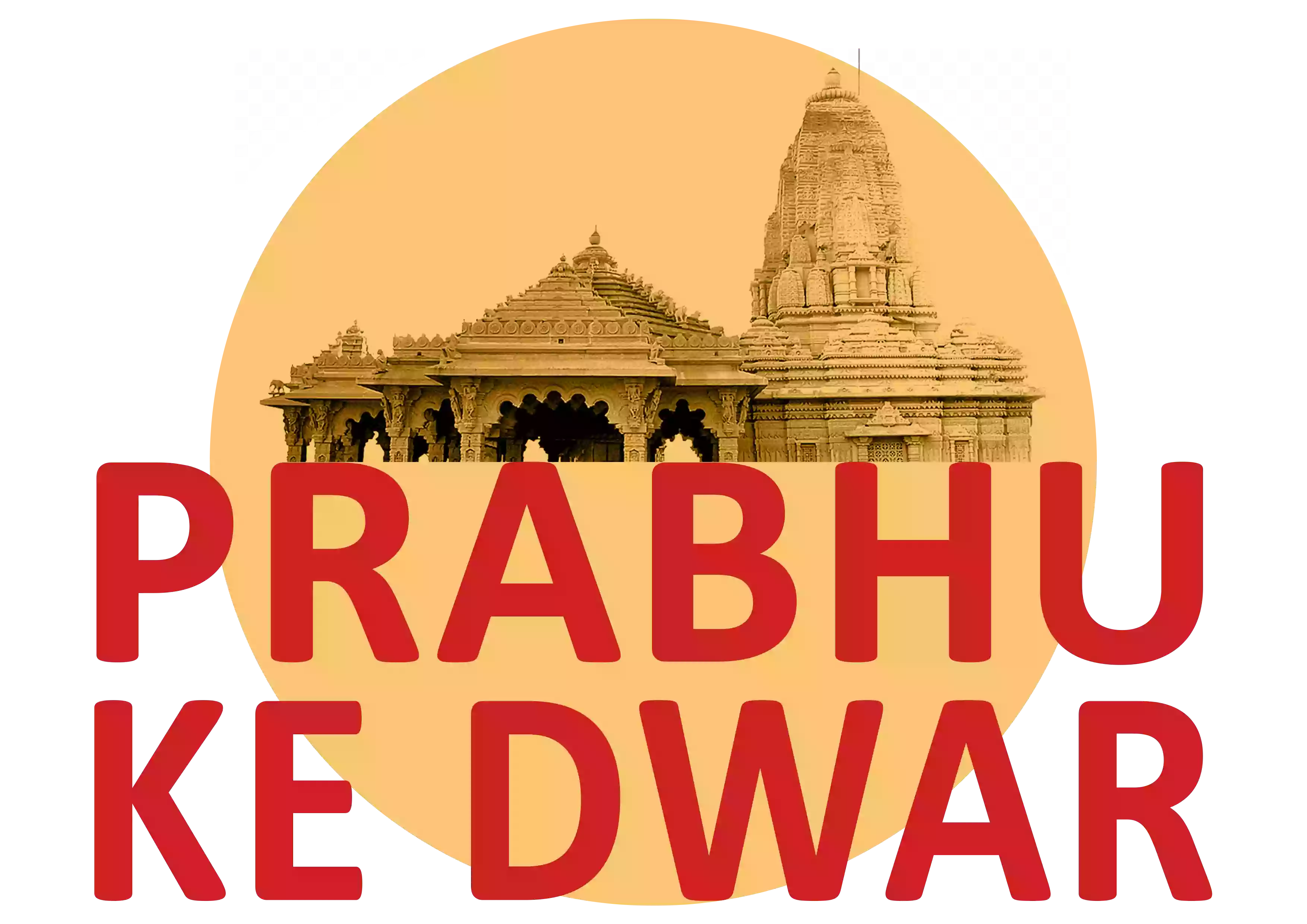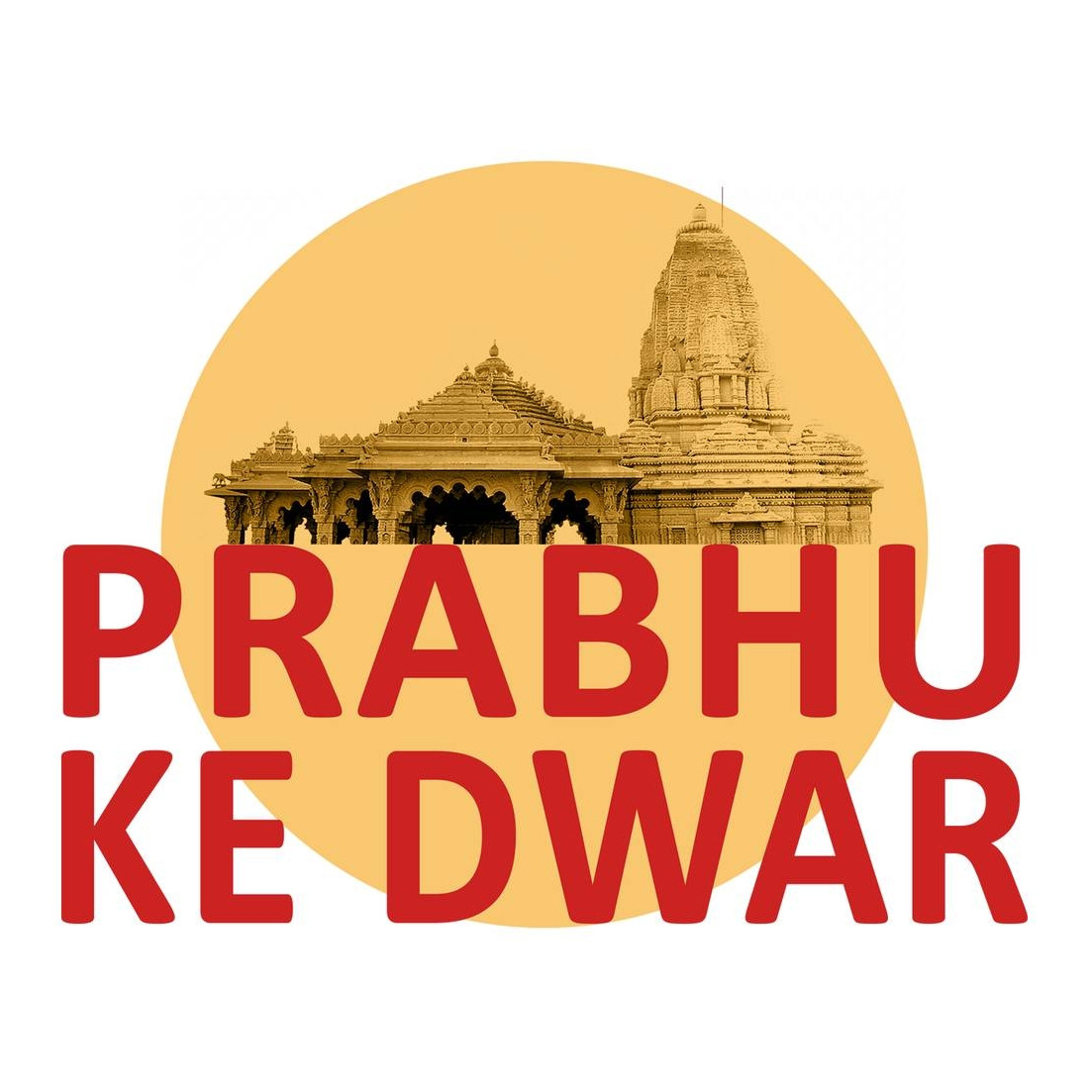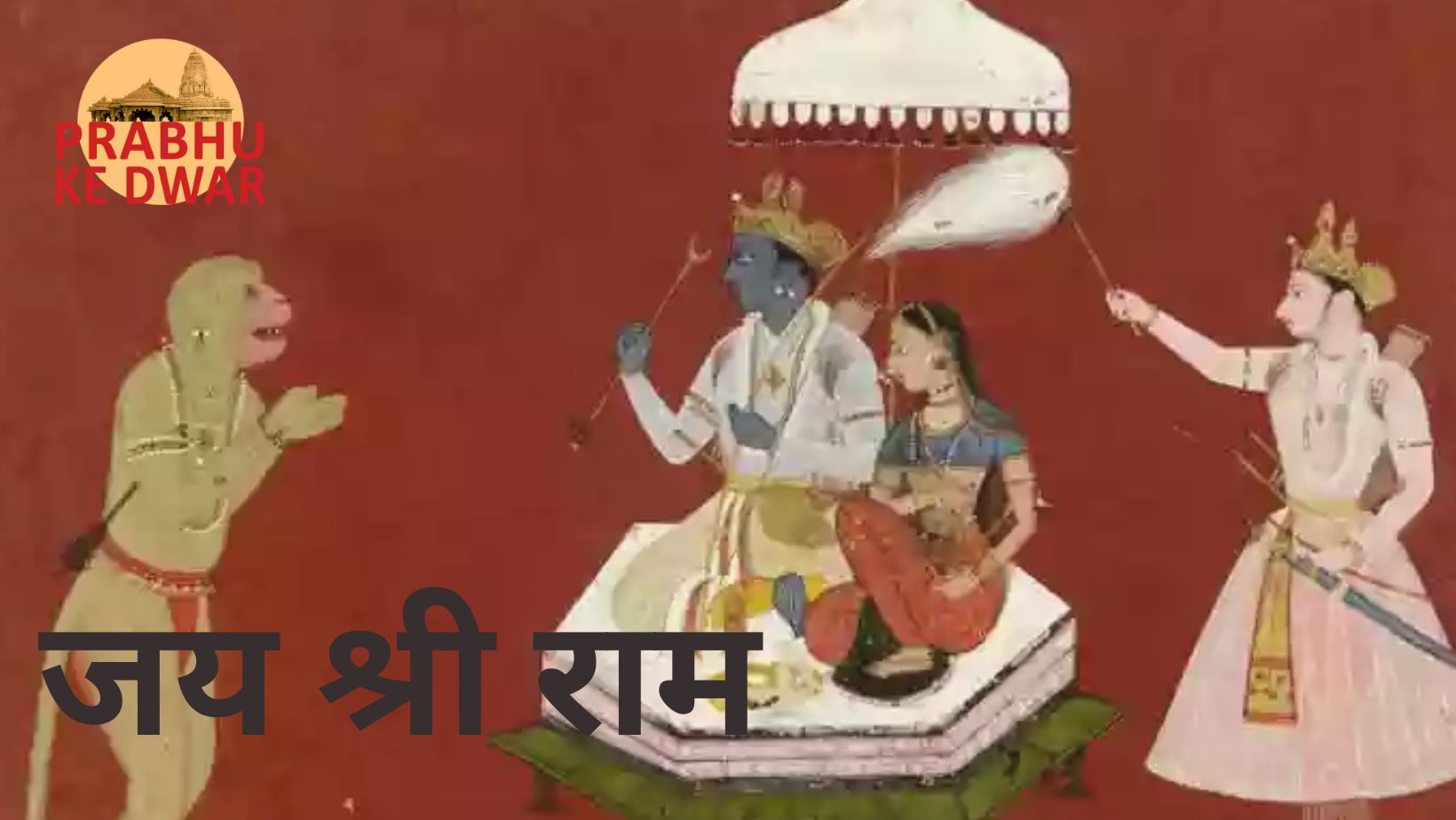"Jai Shree Ram" is a powerful and revered phrase deeply rooted in the religious, cultural, and spiritual fabric of India. Widely known as a chant and invocation, it holds immense significance for millions of followers of Hinduism around the world. To understand its depth, one must explore not only the literal meaning but also the profound impact it has had on individuals, communities, and the spiritual world over centuries.
Table of contents [Show]
- 1 The Literal Meaning of "Jai Shree Ram"
- 2 Historical and Spiritual Roots
- 3 Symbolism in the Modern Context
- 4 The Influence of "Jai Shree Ram" on Society and Culture
- 5 The Philosophical Importance of "Jai Shree Ram"
- 6 Conclusion
- 7 1. Literal Jai Shree Ram Meaning
- 8 2. Spiritual Significance
- 9 3. How to Respectfully Use 'Jai Shree Ram'
- 10 4. Conclusion
- 11 5. FAQs
The Literal Meaning of "Jai Shree Ram"
At its core, "Jai Shree Ram" translates to "Victory to Lord Ram" or "Hail Lord Ram." The word "Jai" means victory or acclaim, while "Shree" refers to the divine or auspicious, and "Ram" is the name of Lord Rama, the seventh incarnation of the god Vishnu in Hindu belief. Thus, the phrase signifies a victory to Lord Rama, who embodies the ideals of virtue, justice, and righteousness.
Lord Rama, revered as a perfect man, is the hero of the epic Ramayana, written by the sage Valmiki. The phrase itself encapsulates not only admiration for Lord Rama but also a call to follow his path of dharma (righteousness), courage, humility, and devotion. For many, it is more than just a chant; it is a way of life, a spiritual aspiration that reinforces one's commitment to truth and morality.
Historical and Spiritual Roots
The origins of "Jai Shree Ram" are deeply embedded in the narratives of the Ramayana. Lord Rama is depicted as the ideal king and man, whose life story is one of devotion to duty, respect for his parents, and a profound sense of righteousness. His actions during the epic, especially his victory over the demon king Ravana and his efforts to rescue his wife Sita, exemplify divine intervention in human affairs and the ultimate triumph of good over evil.
The phrase "Jai Shree Ram" echoes the fundamental values of Hinduism. For devotees, invoking the name of Lord Ram is akin to calling upon the divine for protection, blessings, and spiritual guidance. This invocation is a reflection of the devotion and reverence that adherents of the faith feel for Lord Rama and his teachings.
Symbolism in the Modern Context
In contemporary India and across the globe, "Jai Shree Ram" serves as a unifying spiritual mantra that binds people together. It is not limited to religious settings alone but is also seen during festivals, public gatherings, political movements, and social events. The chant is a symbol of unity, strength, and a call to adhere to the principles of dharma.
The cultural significance of "Jai Shree Ram" also transcends religious boundaries. It has become a rallying cry for those who believe in the values of truth, justice, and compassion, echoing Lord Rama’s unwavering commitment to uphold dharma. The phrase often invokes a sense of pride in one's cultural heritage and spiritual identity.
The Influence of "Jai Shree Ram" on Society and Culture
The phrase has had a profound impact on Indian society, not just in a religious sense, but also in cultural, social, and political arenas. It is a reminder of the importance of living a virtuous life, maintaining integrity, and serving humanity.
Religious Significance: For millions, chanting "Jai Shree Ram" is a form of prayer and devotion. It is often recited in temples, during religious rituals, and on significant occasions such as Ram Navami (the birthday of Lord Rama). In these contexts, the chant serves to invoke the blessings of Lord Rama and to reaffirm one’s spiritual connection with the divine.
Cultural Symbol: Beyond its religious undertones, "Jai Shree Ram" is a cultural expression representing the rich heritage of India. It is a phrase that echoes through the streets during festivals, parades, and religious processions. The chant forms an integral part of celebrations such as Dussehra (marking the victory of Rama over Ravana) and Ram Navami, further strengthening the cultural bond that ties generations together.
Political and Social Impact: The phrase "Jai Shree Ram" has been adopted in various socio-political contexts, particularly in India. It has been used as a slogan by different political movements, signifying a call to uphold traditional values and cultural pride. The chant is also frequently heard in public demonstrations, where it serves as both a symbol of identity and a call to action.
The Philosophical Importance of "Jai Shree Ram"
On a philosophical level, "Jai Shree Ram" is much more than a victory cry. It encapsulates the profound teachings of Lord Rama, who demonstrated through his actions the importance of living a life in accordance with dharma. Lord Rama’s journey was marked by sacrifice, self-discipline, and a constant struggle between right and wrong.
When a devotee chants "Jai Shree Ram," they are reminded to follow Lord Rama’s example—living a life of honesty, kindness, humility, and justice. This daily invocation is a way of reminding oneself of the ultimate goal of human life: to seek the divine, uphold righteousness, and live harmoniously with others.
The message of Lord Rama also highlights the importance of family values, respect for elders, and devotion to the divine. His life teaches that while obstacles are inevitable, following the path of righteousness will ultimately lead to victory over adversity.
Conclusion
"Jai Shree Ram" is not just a religious phrase but a deep spiritual and cultural expression that holds immense significance. It symbolizes the eternal victory of good over evil and calls individuals to embody the virtues that Lord Rama espoused. It resonates with people of all ages and backgrounds, transcending time, geography, and even religious affiliations. Whether recited as a chant, invoked during times of distress, or shouted in joy during celebrations, "Jai Shree Ram" remains a timeless call to action for righteousness, strength, and devotion.
To understand more about the spiritual and cultural impact of Lord Rama, you can explore the following resources:
- जय श्री राम: आध्यात्मिक महत्व और सांस्कृतिक प्रभाव
- Sushena in Ramayana - The Wise Healer and Advisor
- The Life and Legacy of Lord Rama: Birth, Family and Temples - Short Overview
- The Ramayana: A Short Guide to the Timeless Epic of Love, Devotion & Morals
Also Read:
1. Literal Jai Shree Ram Meaning
1.1 Breakdown of Each Word
To understand "Jai Shree Ram," let's break it down:
- Jai: This means "victory" or "hail."
- Shree: A respectful prefix often used for deities, meaning "holy" or "revered."
- Ram: Refers to Lord Rama, a central figure in Hindu mythology.
2. Spiritual Significance
2.1 Mantra and Meditation
For many, Jai Shree Ram Meaning serves as a mantra during meditation. Repeating it helps in achieving a state of peace and tranquility, fostering a deeper connection with the divine.
2.2 Inner Peace and Strength
Chanting "Jai Shree Ram" is believed to bring inner peace and strength. It acts as a reminder of the virtues that Lord Rama embodies, encouraging individuals to emulate these qualities in their own lives.
3. How to Respectfully Use 'Jai Shree Ram'
3.1 Context Matters
While "Jai Shree Ram" is a beautiful and powerful phrase, using it appropriately and respectfully is essential. It should be used in contexts that honor its religious and cultural significance.
3.2 Showing Reverence
Always approach the phrase with reverence. Whether you are a devotee or simply acknowledging someone else's faith, understanding and respect are key.
4. Conclusion
"Jai Shree Ram" is more than just words; it’s a timeless expression of devotion, faith, and cultural identity. Understanding its origins, meanings, and significance helps us appreciate its power and beauty. Let us use it with the respect and reverence it deserves, ensuring it continues to inspire and unite.
5. FAQs
5.1 What is the significance of 'Jai Shree Ram'?
"Jai Shree Ram" signifies victory and reverence for Lord Rama, reflecting deep faith and devotion in Hindu culture.
5.2 Is 'Jai Shree Ram' used only in India?
While predominantly used in India, "Jai Shree Ram" is also chanted by the Hindu diaspora worldwide, especially during religious festivals and gatherings.
5.3 How is 'Jai Shree Ram Meaning different from other religious greetings?
Unlike general greetings, "Jai Shree Ram" specifically honors Lord Rama and is often used in religious contexts to express devotion and seek blessings.
5.4 Can non-Hindus say 'Jai Shree Ram'?
Yes, non-Hindus can say "Jai Shree Ram" respectfully, particularly when participating in Hindu rituals or when acknowledging the faith of others.
5.5 What are some other common Hindu greetings?
Other common Hindu greetings include "Namaste," "Jai Mata Di," and "Om Namah Shivaya," each honoring different aspects of the divine in Hinduism.
Source Profile : Prabhu ke Dwar



